Publications
fp21 is building a new culture of foreign policy. Explore our publications below.
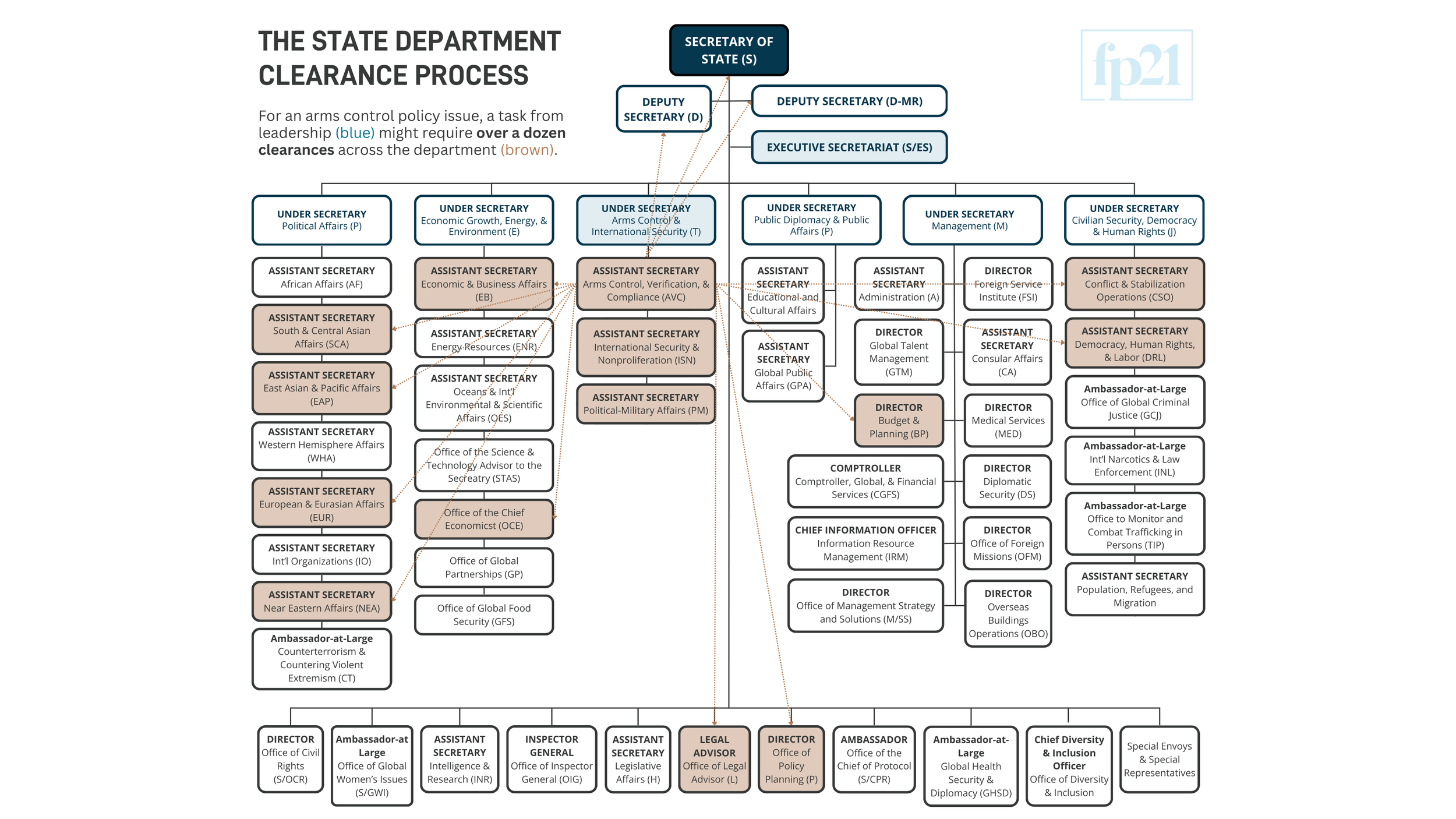
American Foreign Policy Decision-Making at the Agency Level: The Department of State as Exemplar?
Jeff Jager: To coordinate and collaborate on national security issues, the State Department’s clearance process ensures that all possible stakeholders have to sign off on anything that State does. The process has some advantages but many downsides such as prioritizing consensus at the expense of policy outcomes. Jeff explains and evaluate the clearance process and considers ways forward.
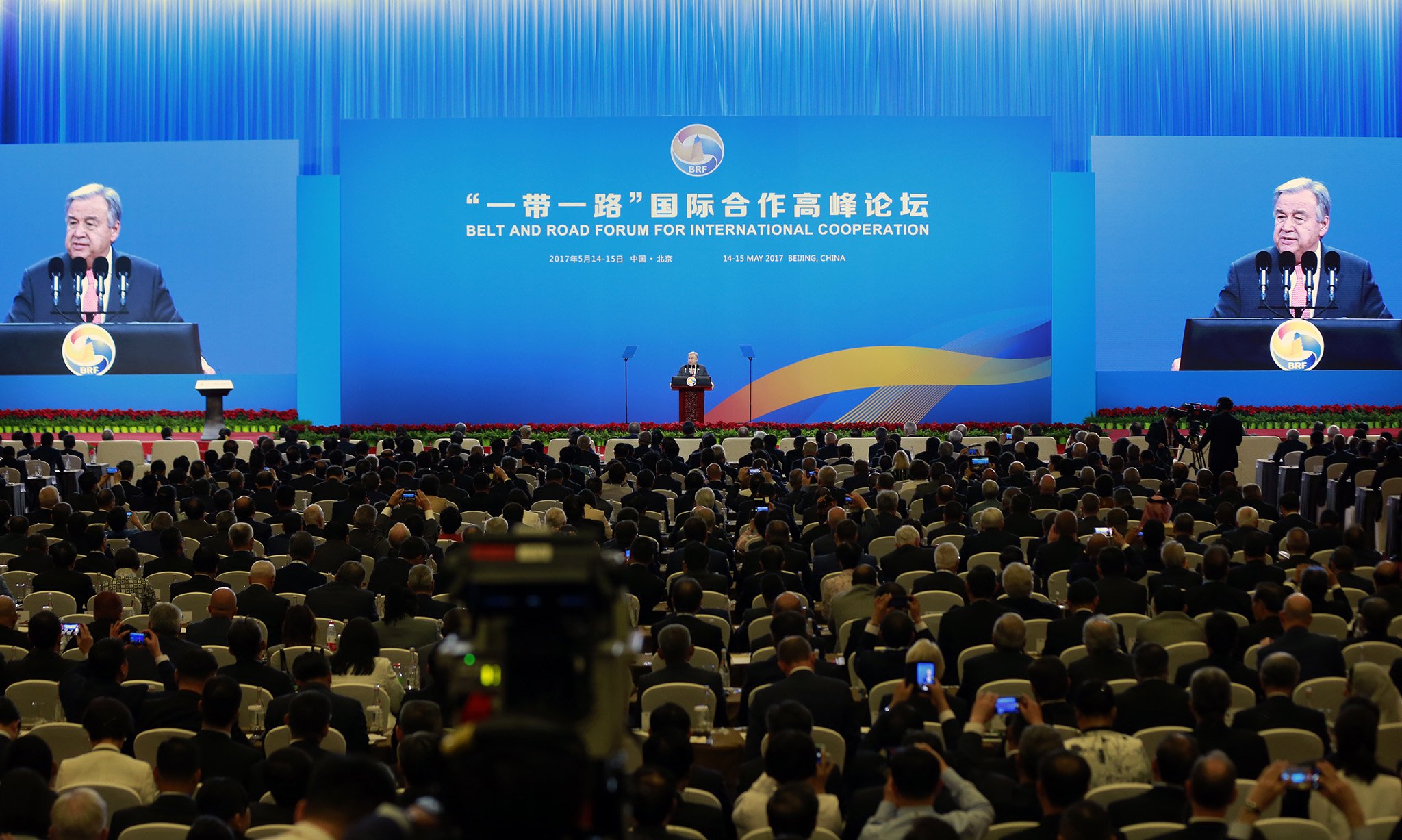
Identifying Influence in Geopolitics: China’s Belt and Road Initiative
Thomas Scherer: The Belt and Road Initiative (BRI) is China’s $1 trillion (and growing) infrastructure investment program, prompting large counter-investments from U.S. allies. But there’s a huge assumption baked into this financial arms race to exert influence: more investment causes more influence. Is that even true? New research suggests not.
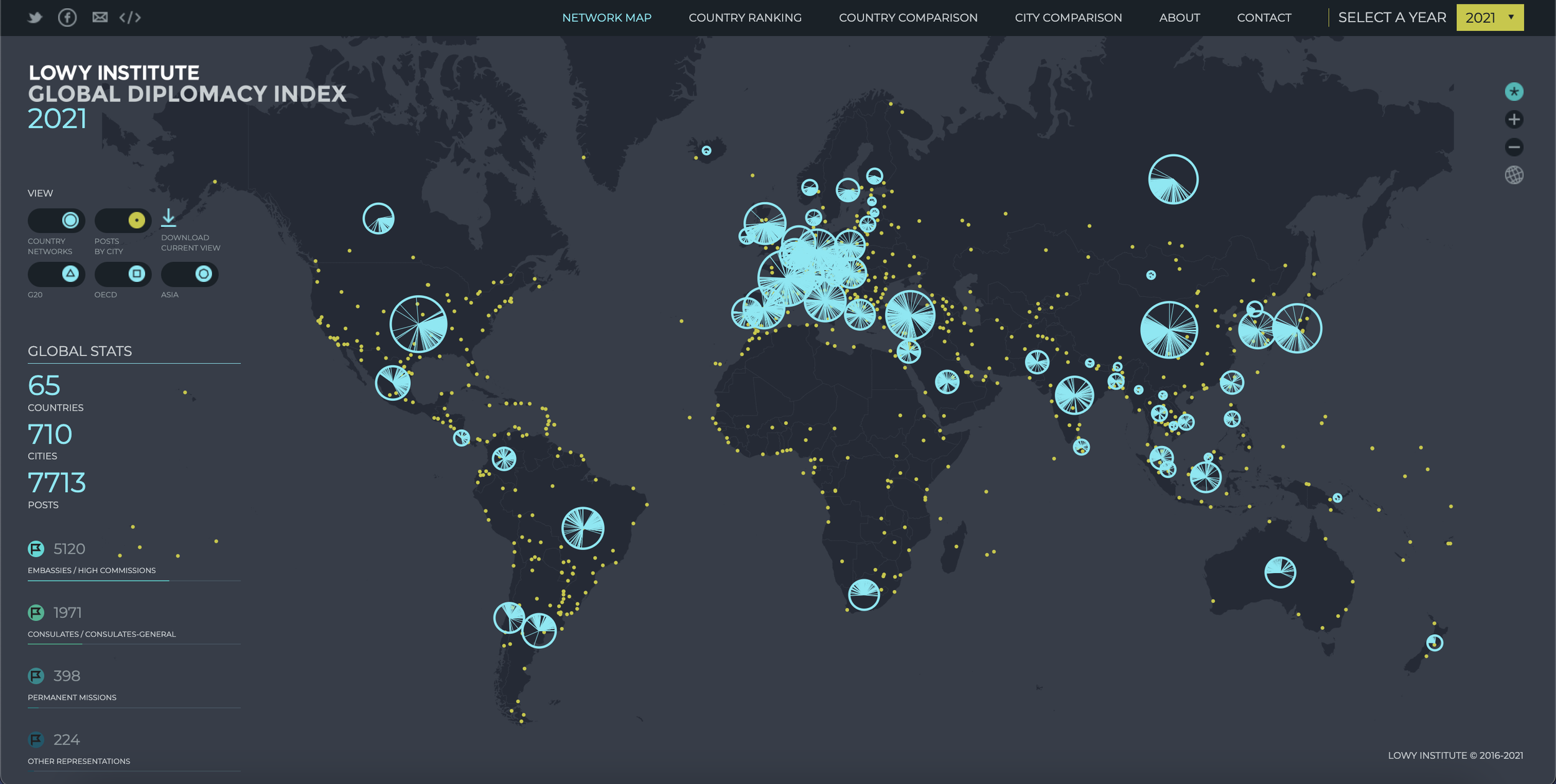
To Quantify Or Not to Quantify? Foreign Policy Needs Measurement
Toby Weed: Foreign policy establishment needs to follow the example set by other fields and incorporate quantitative measurement into its analytical and decision-making processes. By measuring the phenomena and concepts central to the work – using mathematical language to discuss them and accompanying that discussion with empirical observation – foreign policy practitioners can reduce their uncertainty and make better decisions.
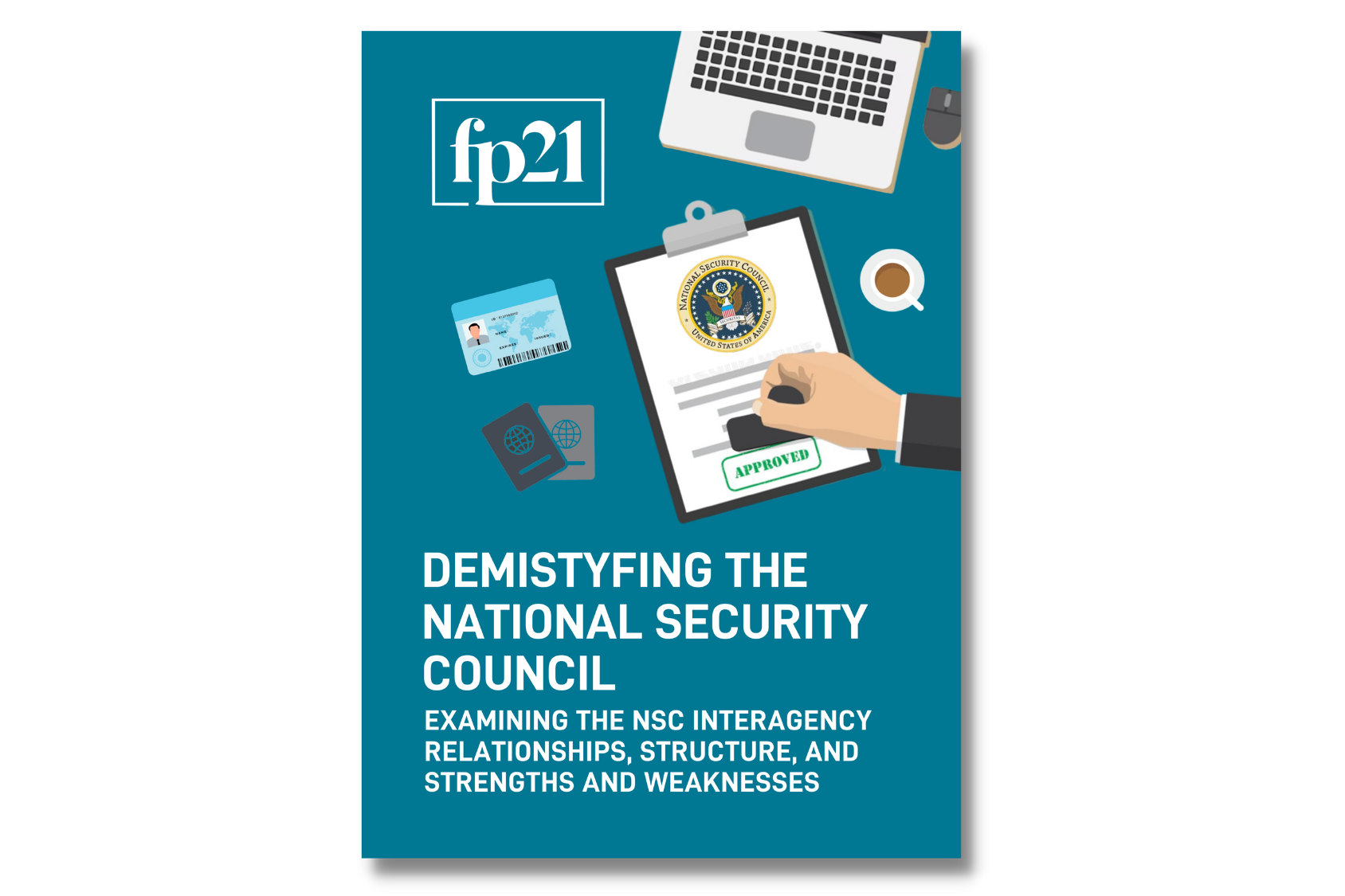
Demystifying The National Security Council: Examining the NSC interagency relationships, structure, and strengths and weaknesses
Alexandra Blum: Born in 1947, the National Security Council has become the central forum for shaping US national security. The NSC presents a vital case study of foreign policy reform given its constant evolution. This report unpacks how the NSC operates, who wields decision-making power, and how fourteen successive presidents have adapted it to respond to the priorities at hand. Understanding the NSC is foundational to recommending calibrated reforms for the rest of the national security apparatus.
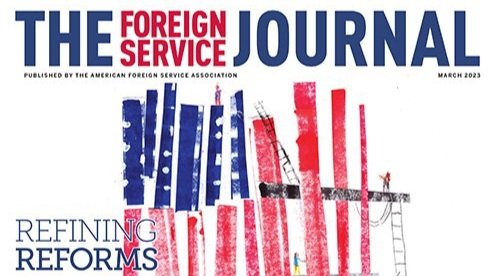
From Instinct to Evidence in Foreign Policy Decision-Making
Dan Spokojny: The modernization of the State Department and the return of diplomacy to its rightful place in the U.S. national security infrastructure—on top—will require more than small tweaks at the margins. Blinken’s modernization initiative is commendable, but more is required.
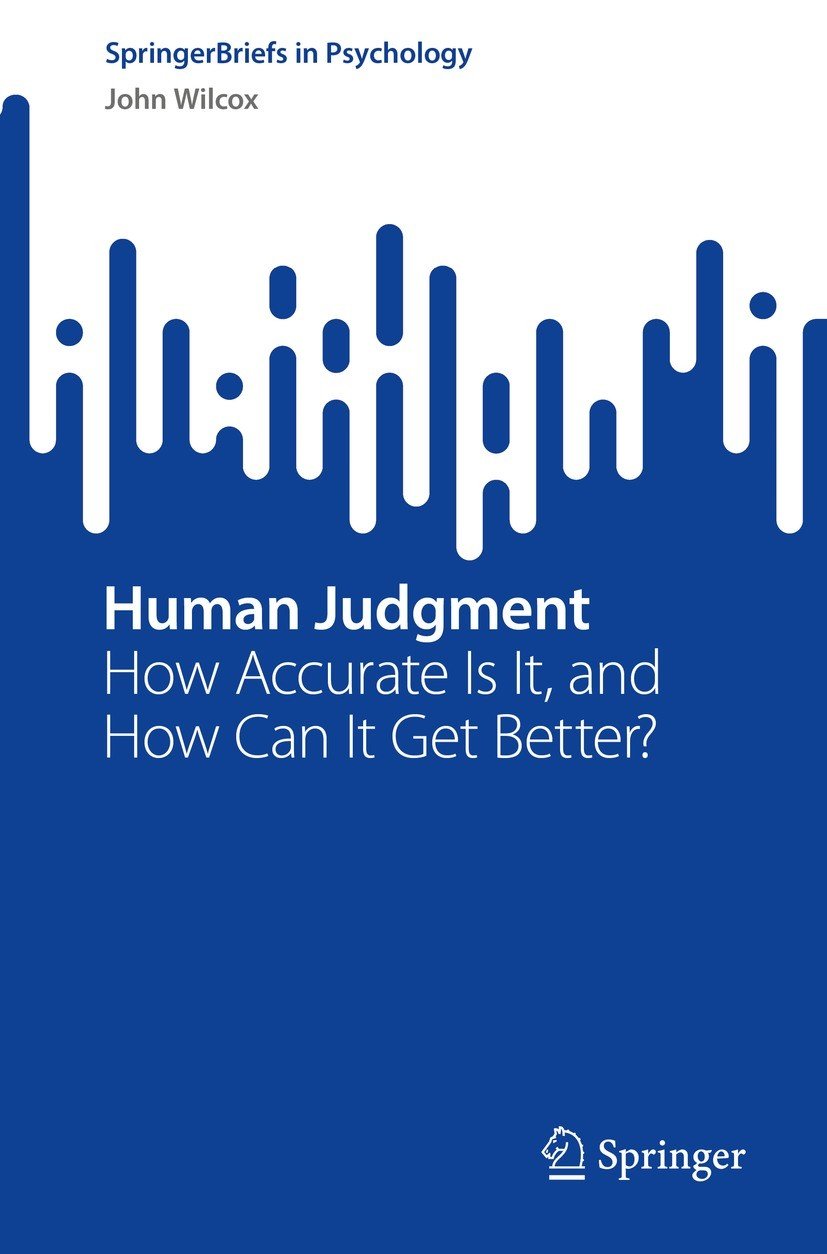
Human Judgment: How Accurate is it, and how can it get better?
fp21 researcher and Stanford cognitive scientist, Dr. John Wilcox, publishes a new book, “Human Judgment.” The book concerns two topics to do with human judgment: How accurate is it, and how can it get better? Two noteworthy implications emerged from the research: one pessimistic, and one optimistic…

Forecasting in Policymaking: Beyond Cassandra
Dan Spokojny: All policy decisions are built on assumptions about the future. Yet many of the assumptions underlying policy pronouncements remain ambiguous and under-evaluated. Formalizing these assumptions can allow us to test the quality of our policy process and potentially improve its effectiveness. This post develops and evaluates four models for integrating forecasting methods into the policymaking process.

ChinaTalk: Moneyball and US State Department
Wouldn't it be nice to have a world where important policy decisions were decided based on evidence and data rather than narratives and turf battles? Jordan Schneider sat down with Dan Spokojny and Jon Bateman to discuss the current failings of contemporary U.S. foreign policy and how to fix these failings.
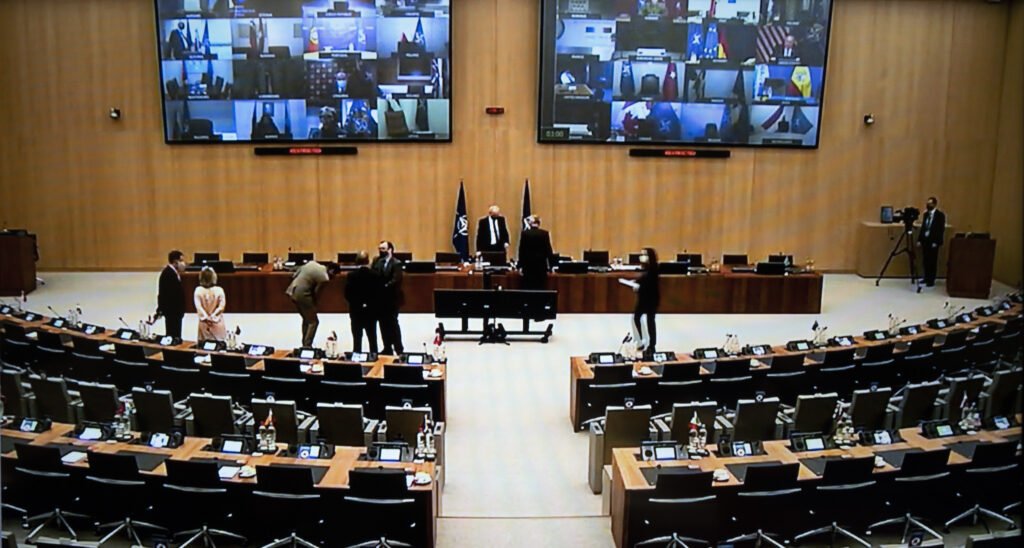
Doctrine for Diplomacy: To Remain Relevant, the U.S. State Department Needs a New Statecraft
Dan Spokojny: Many diplomats suggest that policy effectiveness arises from an elusive combination of good judgment and hard-earned experience. But good foreign policy must be more than simply a matter of taste. The military has doctrine. The intelligence community has tradecraft. Diplomacy has not kept pace. It is time to start treating the conduct of diplomacy as a profession with its own standards, methodologies, and skills: statecraft.

fp21 Applauds Blinken’s Modernization Steps but Urges Deeper Reforms
Dan Spokojny: Advocates for a strong Department of State should celebrate the Modernizing Diplomacy Initiative. Yet, taken as a whole, the Initiative feels a bit more routine than modern. While everything in the speech was positive – there were at least 21 deliverables organized across five “pillars” for reform – the strategy may not add up to the “historic” change Blinken suggests.

Foreign Policy Should Be Evidence-Based
Dan Spokojny and Thomas Scherer: An ascendant China. A revanchist Russia. Climate change. The threat of nuclear proliferation. Rising authoritarianism. The challenges to U.S. influence on the world stage have become so numerous, serious, and complex that some experts see the “unraveling” of American power. Simply put, yesterday’s tools may not be up to the task of solving today’s problems. We argue that the nation's ability to confront these challenges may depend on adopting an evidence-based policy process.

